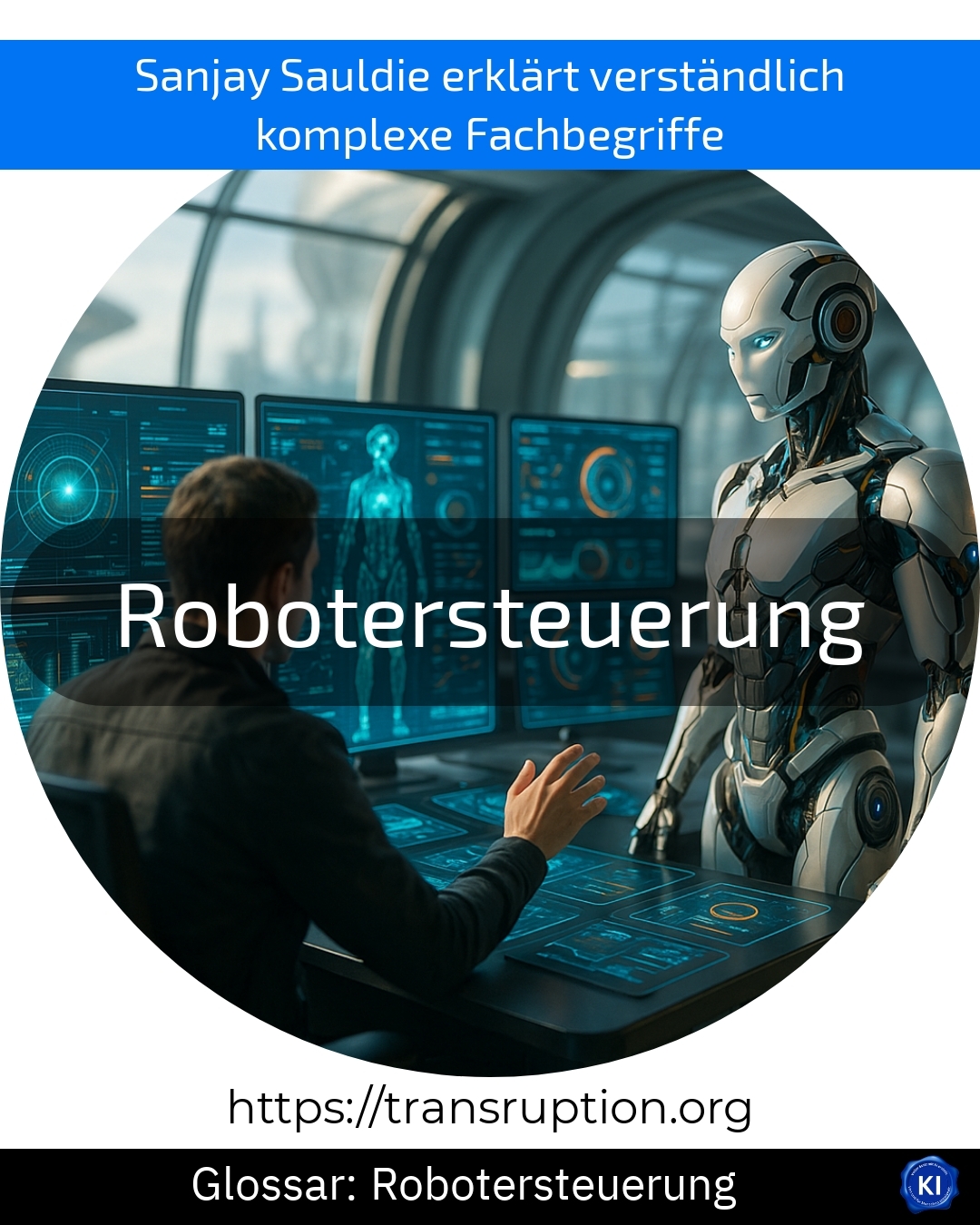The term robot control is particularly at home in the fields of automation, industry and Factory 4.0 as well as with robots. Robot control refers to the technology used to control robots in a targeted manner and precisely control their movements. It gives the robot commands as to when, how fast and in which direction it should move or perform certain tasks.
Modern robot control often uses computer programmes, sensors and sometimes even artificial intelligence so that the robot can react flexibly to its environment. For example, an industrial robot in a car factory can weld parts independently by "learning" or being prescribed fixed movement sequences.
An illustrative example: In a production line, a robot repeatedly assembles the same screws. The robot controller ensures that it guides its gripper hand precisely to the correct position, turns the screw and then moves on to the next position - without error and consistently quickly and reliably day after day.
Thanks to robot control, work processes can be efficiently automated, quality increased and employees relieved of monotonous or dangerous tasks.















